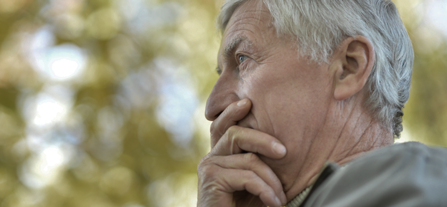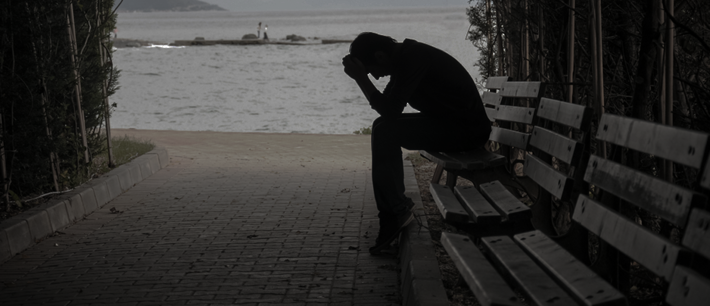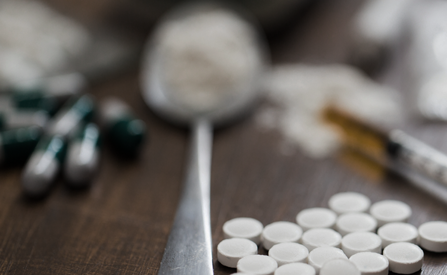Ohio Detective’s Story Shows Parents How to Detect Addiction
In 2016, Ohio police detective Bud Lytle suddenly realized that he had been missing the signs that his daughter Taylor was addicted to painkillers. He’d noticed that she had lost weight and that her skin was looking bad but he didn’t realize that the source of the changes was the addiction to painkillers. Finally, a chance comment turned on the light. She mentioned that she was constipated—a common effect of opioid use. All the pieces came together and in a flash, he knew what the real problem was.

He asked her directly to tell him what was going on and of course, she denied any problems. But he already knew and was able to get her to tell him about her addiction to pills.
She had become addicted to painkillers after hurting her back on the job. The prescriptions she’d received for 420 Percocets over a short period of time was more than enough to addict her. With the help of her parents and the very open support of her father who saw that she got the treatment she needed, she is sober again and making plans for a better future.
This should be a lesson for every single parent. At this time, in this country, no parent can afford to think “not my kid.”
Detecting Drug Use in Your Own Children
What can we learn from this story? That parents must know the effects of drugs on their children of all ages and be alert for those signs. Like constipation, for example. Likewise, itchiness, dry mouth, dry eyes, odd sleep patterns, lost or gained weight, bad skin, droopy eyes and mental confusion are all signs to note.
Young people are going to mostly use drugs or alcohol when they are far from their parents. They will learn ways to conceal the signs of drug use, such as whitening their eyes after smoking marijuana or drinking, and brushing their teeth or using mouthwash or a mint to conceal the smell of smoked drugs or alcohol on their breath. When drug use begins to damage their lives, however, the secondary signs of drug use become obvious but could be mistaken for teenage rebellion or a struggle to adjust to social or school situations.

Narconon has written dozens of articles to help parents identify the immediate or secondary signs of drug use. Here are some key articles you can use to educate yourself and reduce the possibility that you can be fooled into overlooking a drug problem.
Specific Signs of Drug Abuse
- Signs of painkiller use
- Signs of heroin use
- Signs of cocaine use
- Signs of marijuana use
- Signs of stimulant use (amphetamine, methamphetamine, Adderall)

Effects of Drug Abuse
You can find the effects of many other specific drugs on the article Learning about the Effects of Drugs.
Ways Drugs Take a Toll on a Young Person’s Life
When a young person becomes skilled
in hiding the direct effects of the drugs, parents must learn to spot the kinds of overall damage that are typical when drug use has reached seriously harmful levels. At that point, drug use can be identified by noting changes in attitude, schoolwork or work performance, health, choice of friends and needs for privacy. Here are some other articles that can increase your skill in these areas.
Generic Signs of Drug Abuse
- Changes that result from drug use
- Common relationship changes when one person is addicted
- Five most common behavior traits of an addicted person
If your detective skills reveal a need for rehab, here’s some guidance on how to pick the right one.
How to Choose Rehab
If you find that addictionis at the bottom of problems you see and you need help, call Narconon today. We’ll help you understand your problem and the lasting solution to addiction. Call 1-800-775-8750 today.
Reference Links


 ®
®